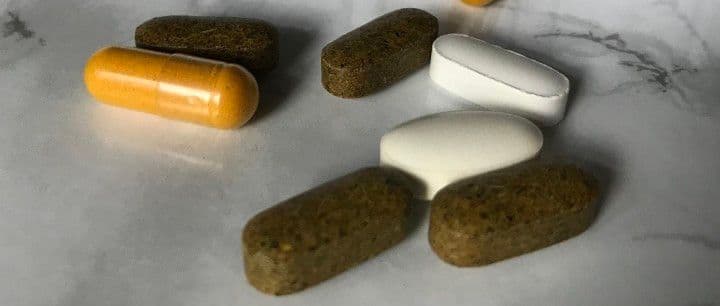The B Vitamin No Woman Should Be Without
Food and Nutrition
Obie Editorial Team

There are eight B vitamins, all of which are essential to human life, but one B vitamin has taken center stage during recent years due to new research revealing how strongly this super-vitamin can affect one’s health- most importantly women’s health.
What does folate do in the body?
Folate helps cells in the body make and maintain DNA and is also important in the production of red blood cells. The synthetic form found in supplements and enriched grains is called folic acid and is more easily absorbed by the body.
The strongest link to folic acid’s effect on health is found in its role in preventing birth defects, specifically neural tube defects (NTDs), a condition in which a fetus’s brain, spinal cord, or its protective covering do not fully develop. In fact, folic acid is so critical to NTD prevention that in 1998, the FDA made it mandatory that grains be enriched with this powerful vitamin. Since then, a nineteen percent decrease in NTDs occurred, proving how important getting the recommended amount of this vitamin could be. Recent research is now linking low folate levels during pregnancy to autism and Asperger's in children, though further studies need to be done to confirm the findings. Either way, it is crucial that women who may become pregnant make sure they get enough to ensure healthy neurological development in her baby.
Be sure to get enough folate
To be sure you’re getting enough of this super-vitamin, strive to include folate-rich foods such as beans and dark leafy greens in your daily diet. It is also recommended that women of child-bearing age be sure to get at least 400 mcg daily through diet or supplements. Breastfeeding women need 500 mcg per day so it’s a good idea to continue taking a prenatal supplement throughout the lactation period. If a woman has had a baby with a birth defect and is planning to become pregnant again, it is recommended she take a much higher dose of folic acid- up to 4,000 mcg, to lower the risk of having another baby with a NTD.
Some of the best sources of folate are lentils, beans, spinach, collard greens, broccoli, and turnip greens. By making some your daily 2 ½ cups of vegetables folate-rich ones and by eating a serving or two of beans per day, you’ll be sure to get the recommended daily amount. Breakfast cereals and white bread are also enriched with folic acid- but be sure to make half your grains whole to boost fiber and other b-vitamins that are found in the bran and germ. To get a quick and natural folate boost, blend three oranges, raw spinach, papaya, banana and avocado in a blender for a refreshing and energizing folate-fix!
Sources:
Maternal periconceptional folic acid intake and risk of autism spectrum disorders and developmental delay in the CHARGE (CHildhood Autism Risks from Genetics and Environment) case-control study
Impact of Folic Acid Fortification of the US Food Supply on the Occurrence of Neural Tube Defects
Read More








